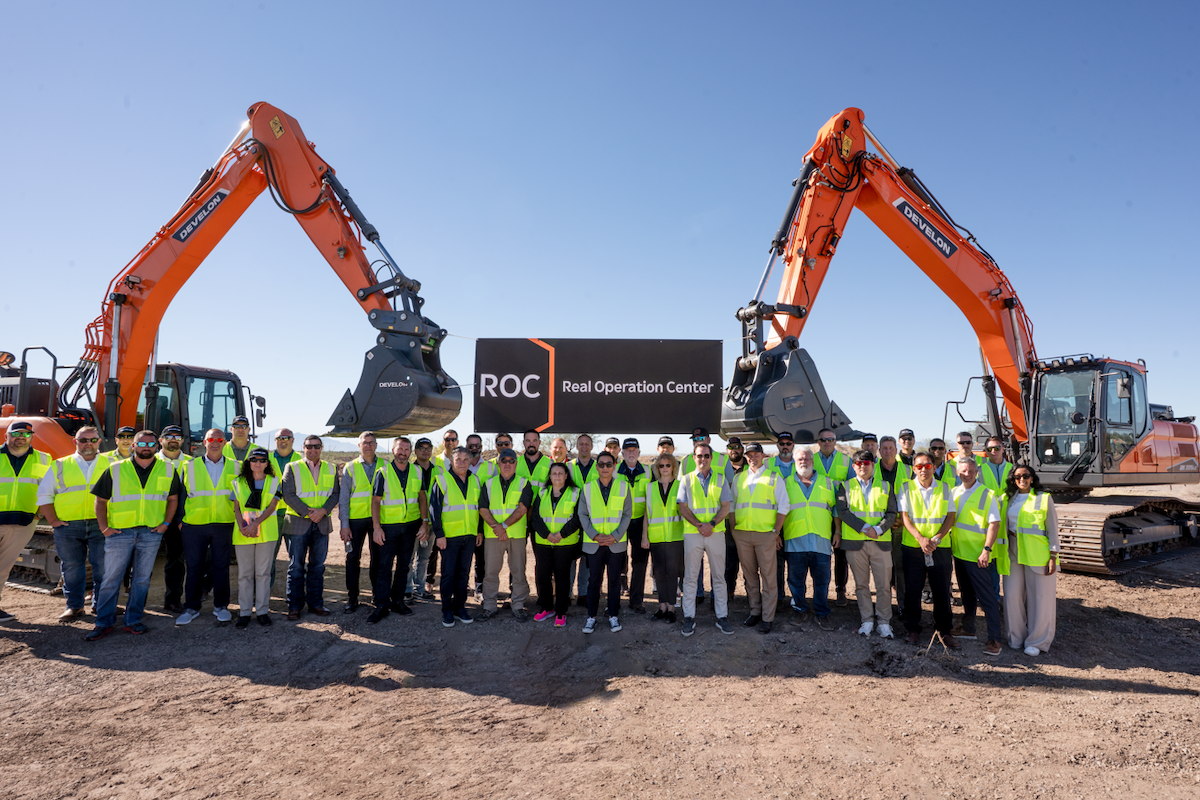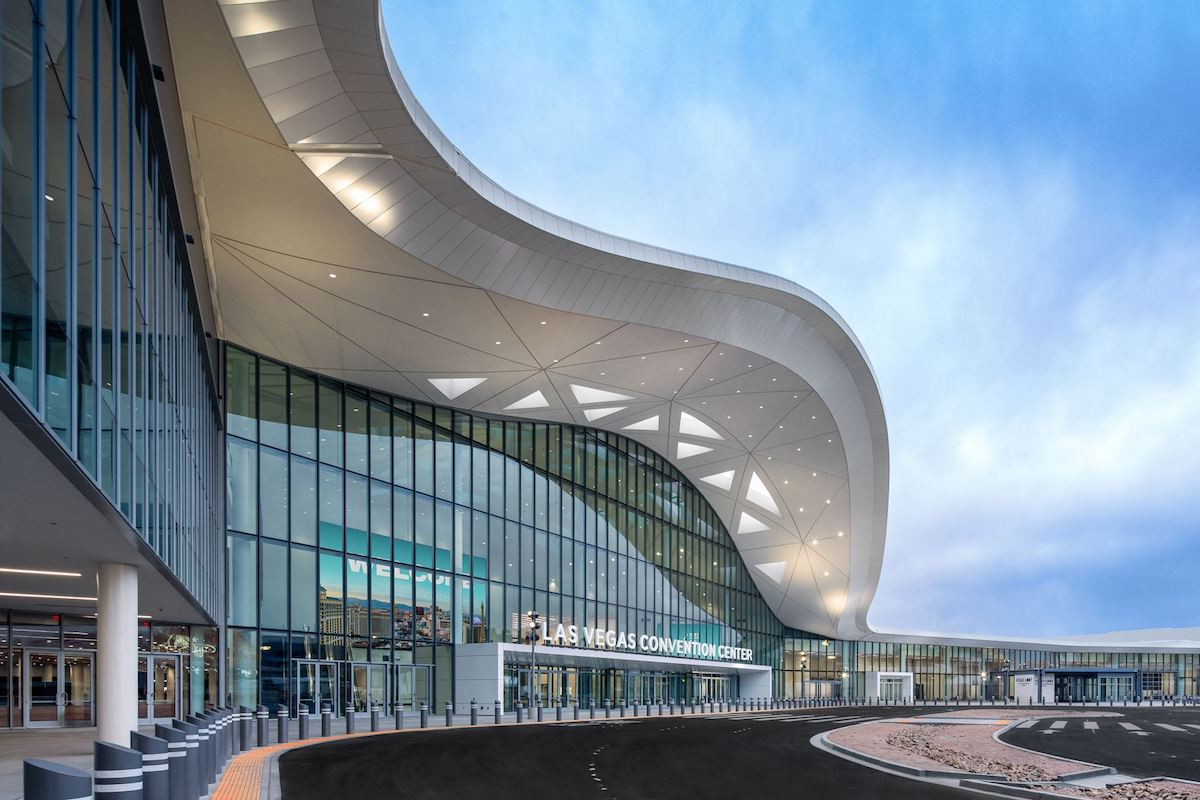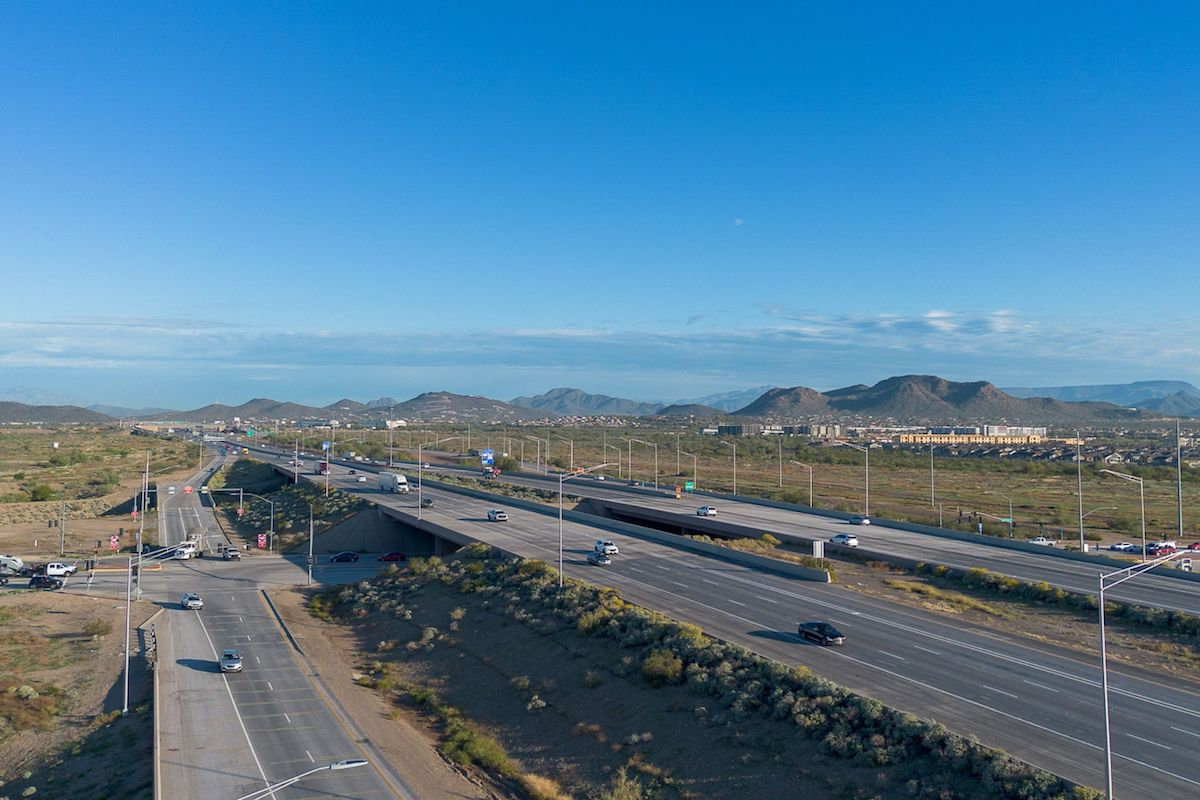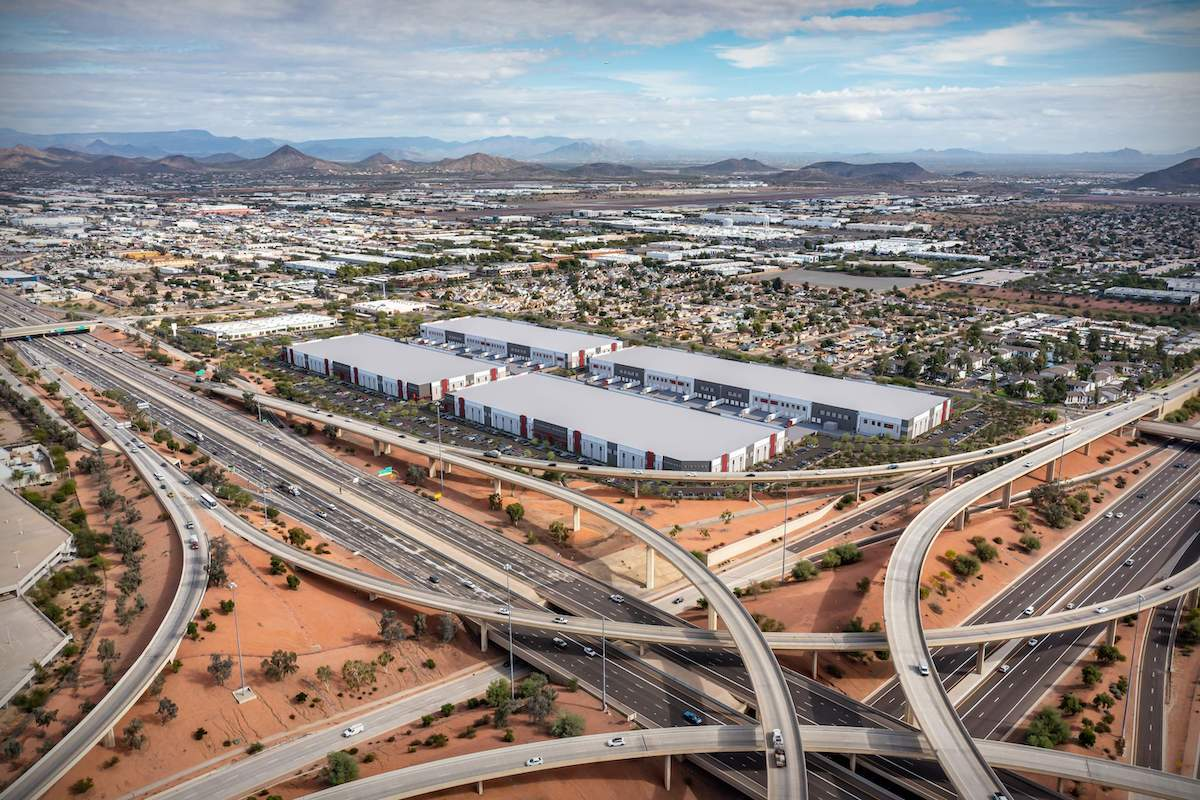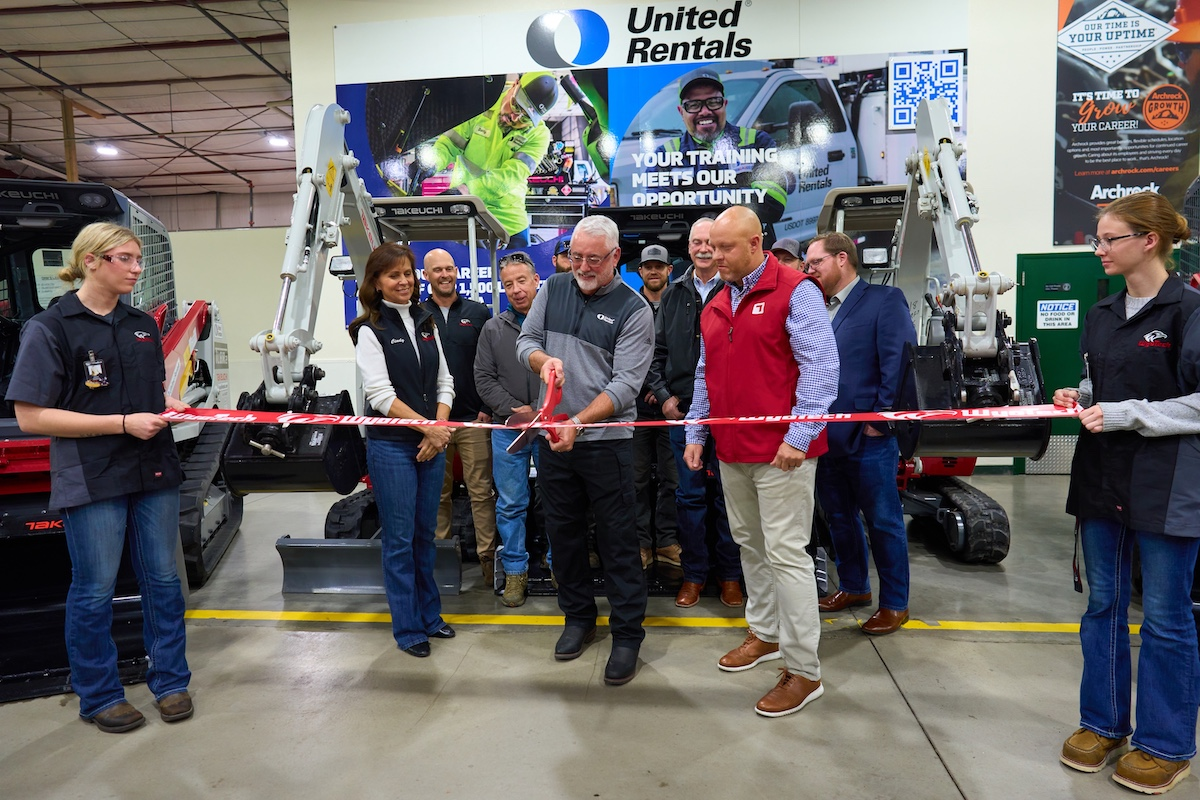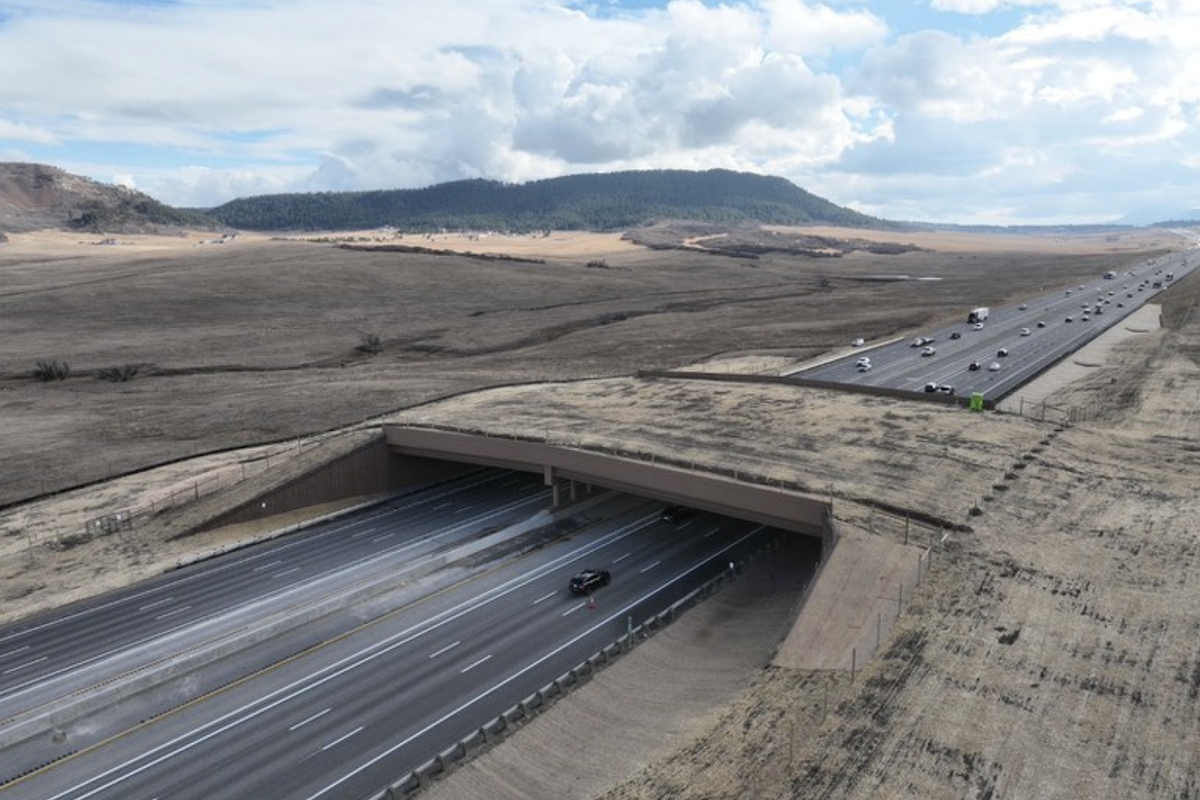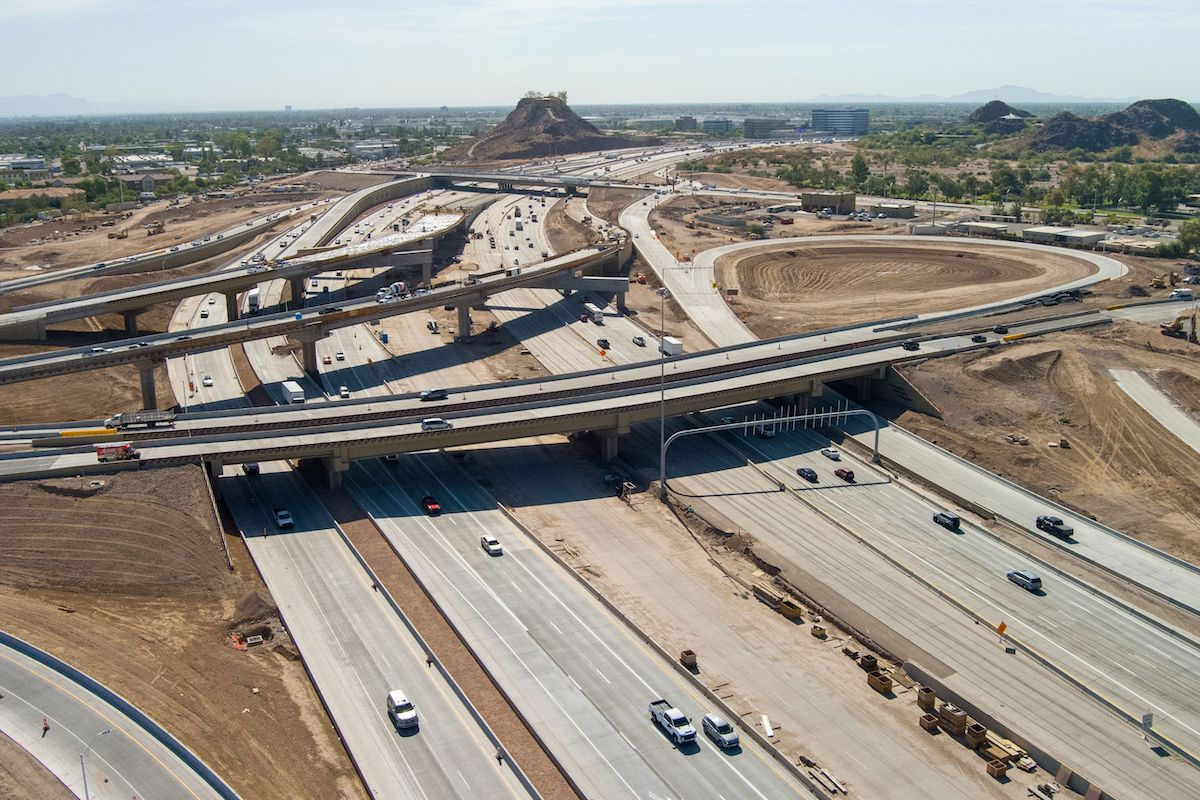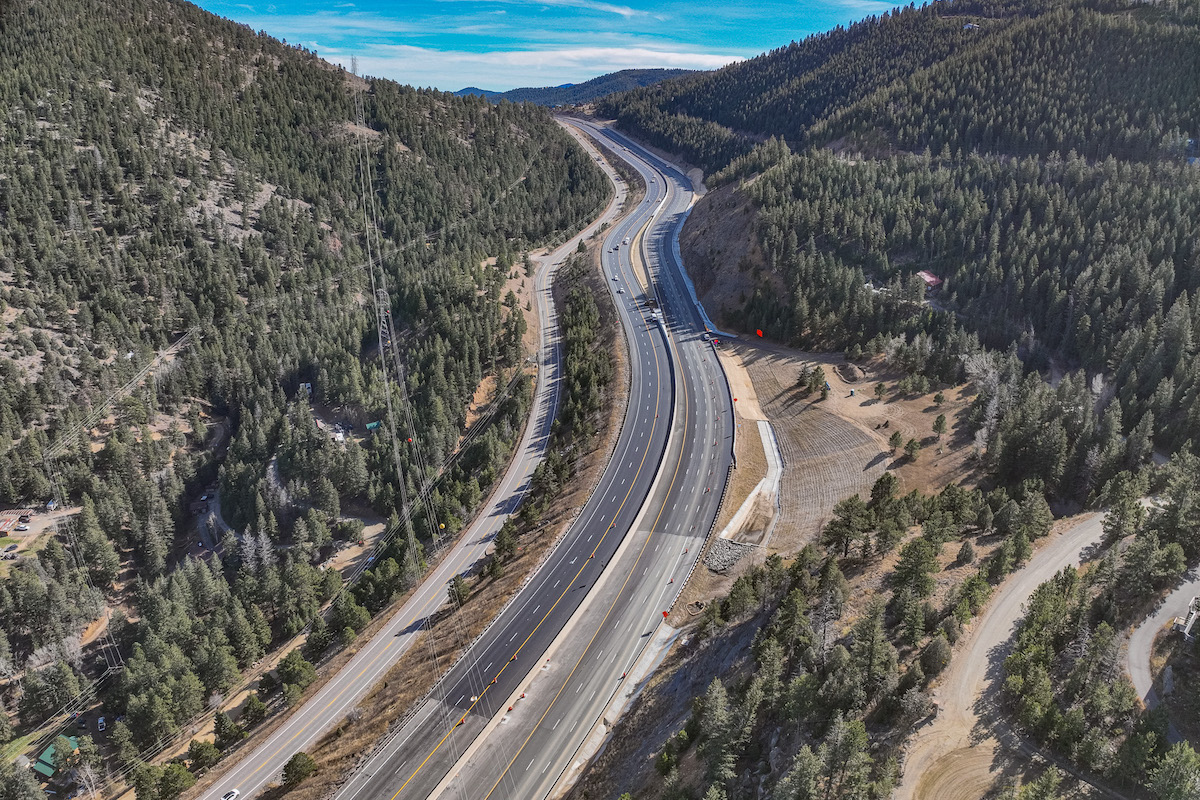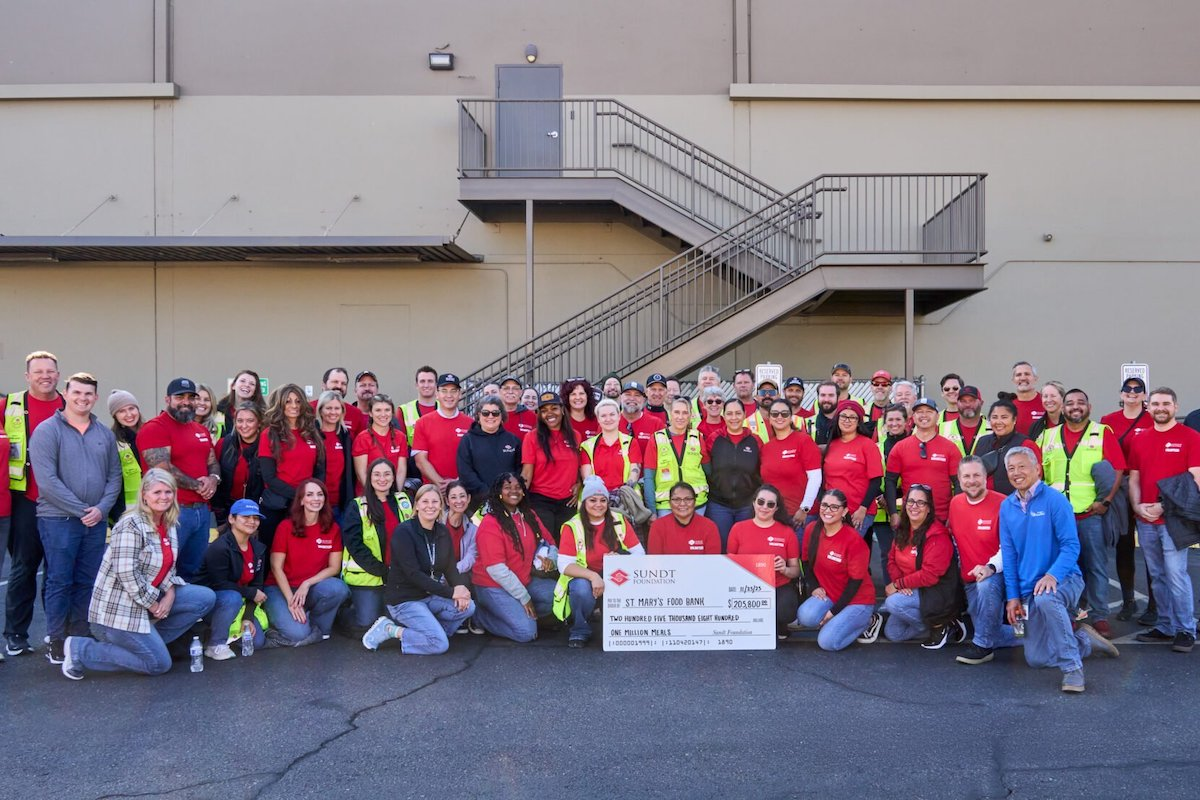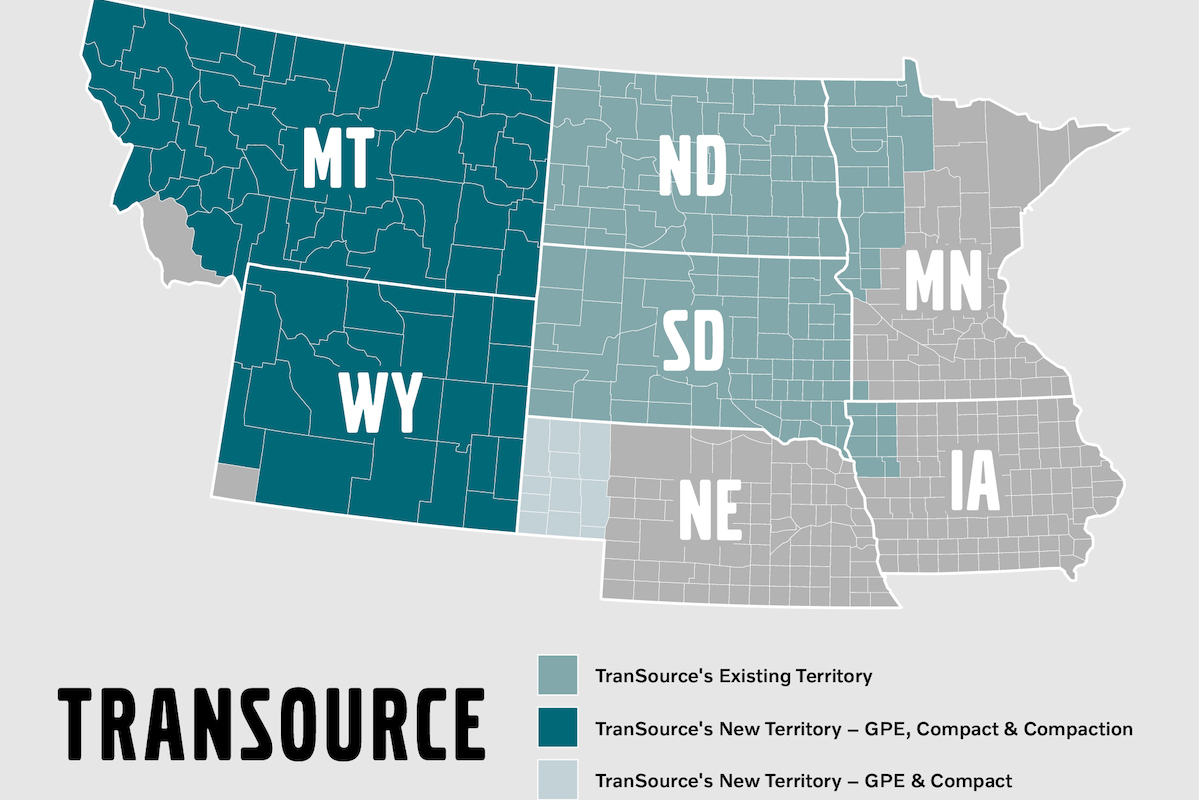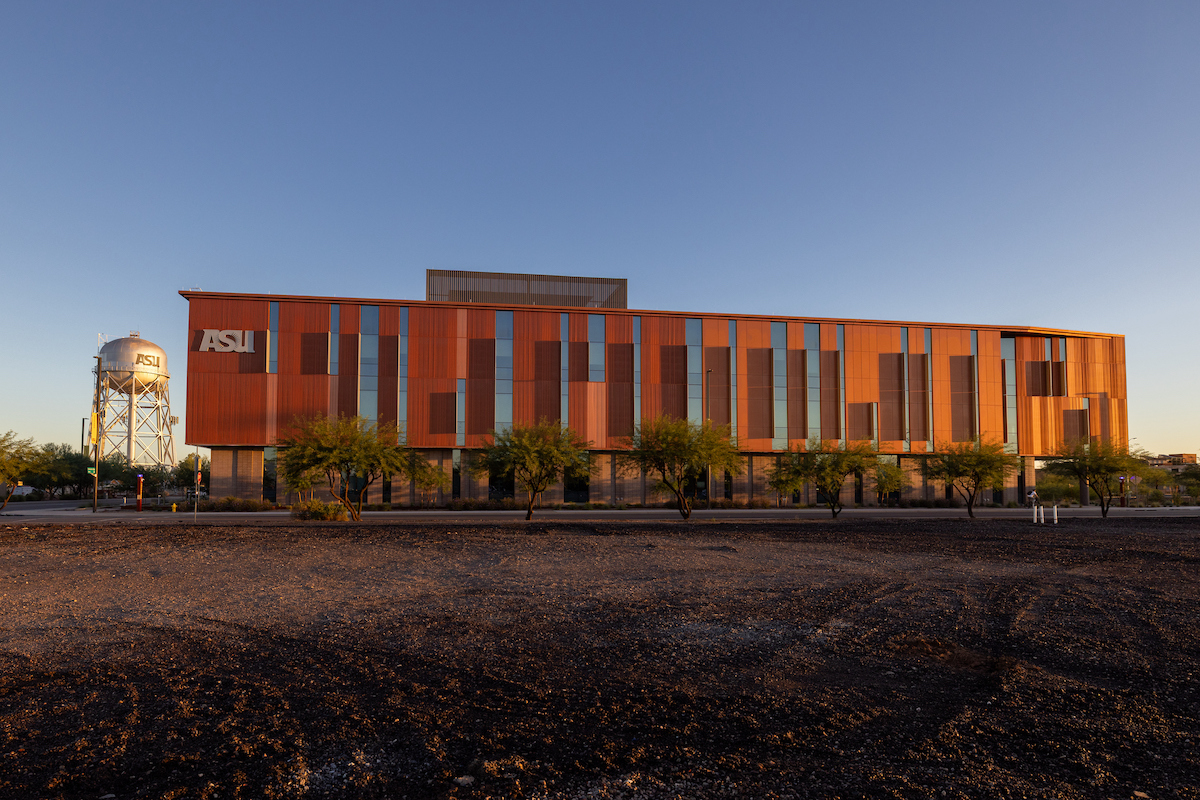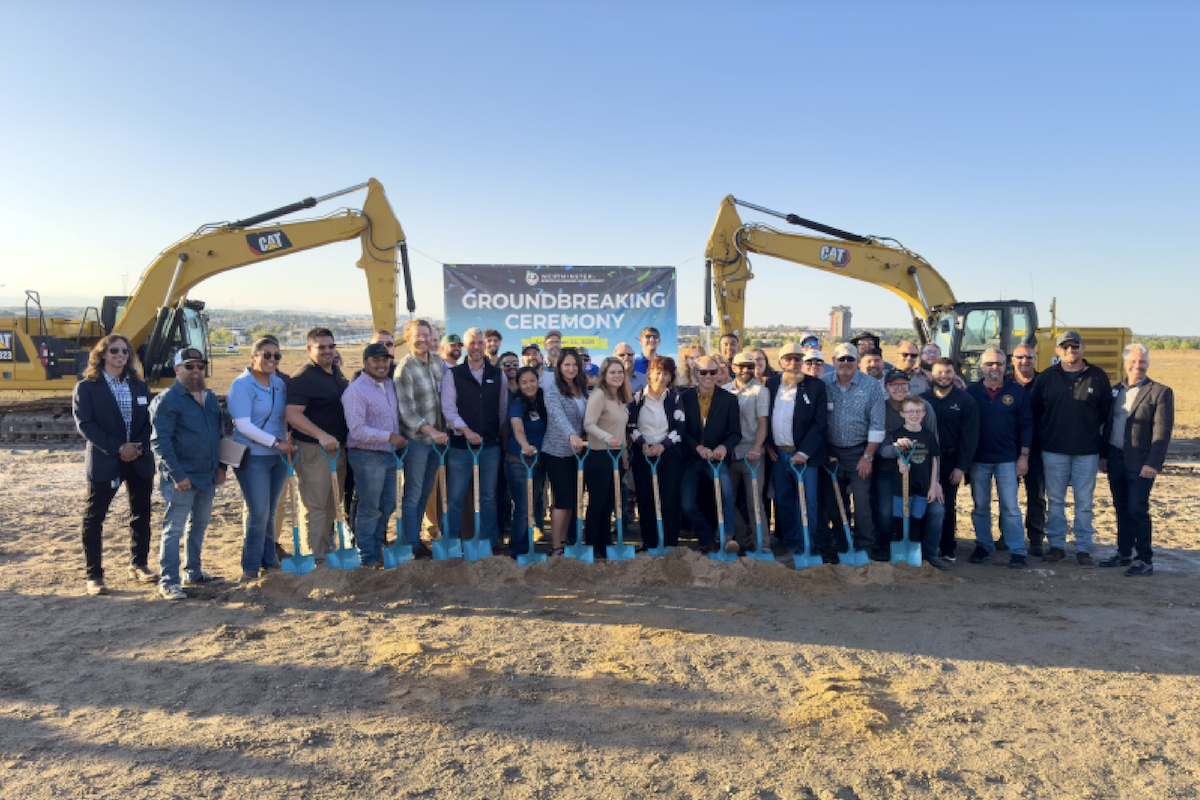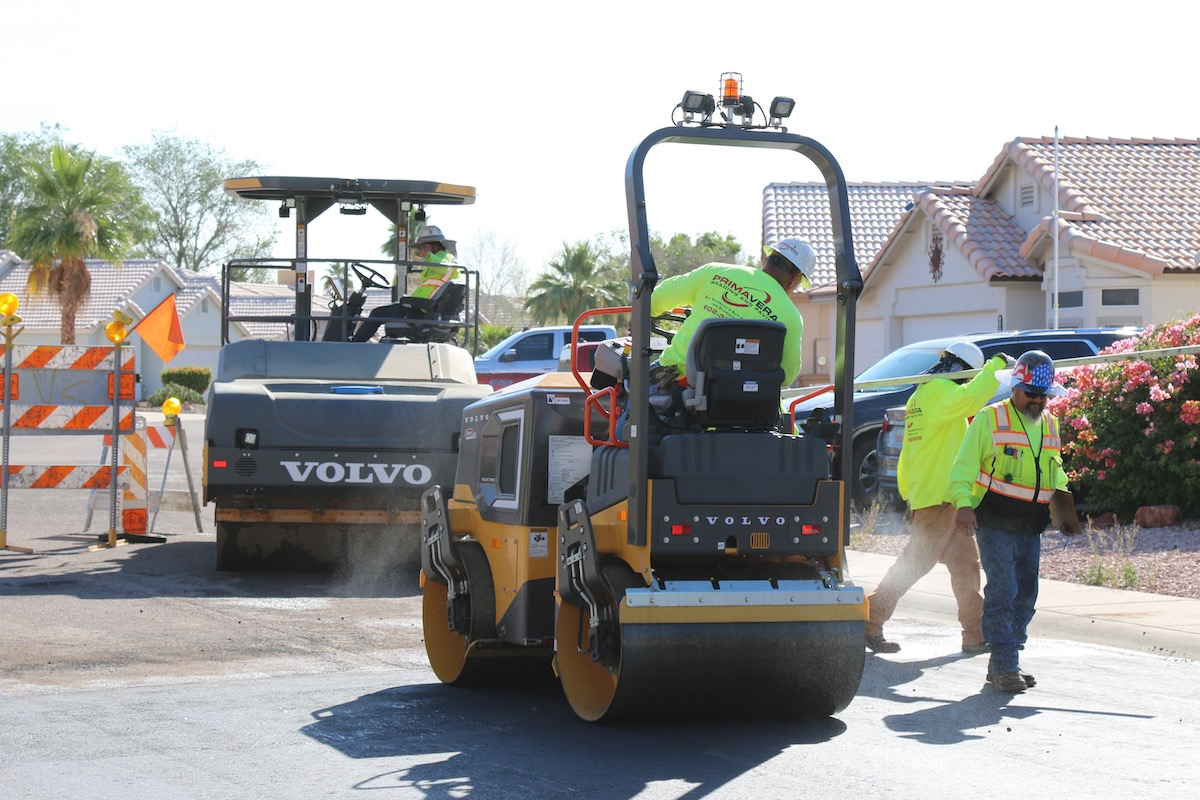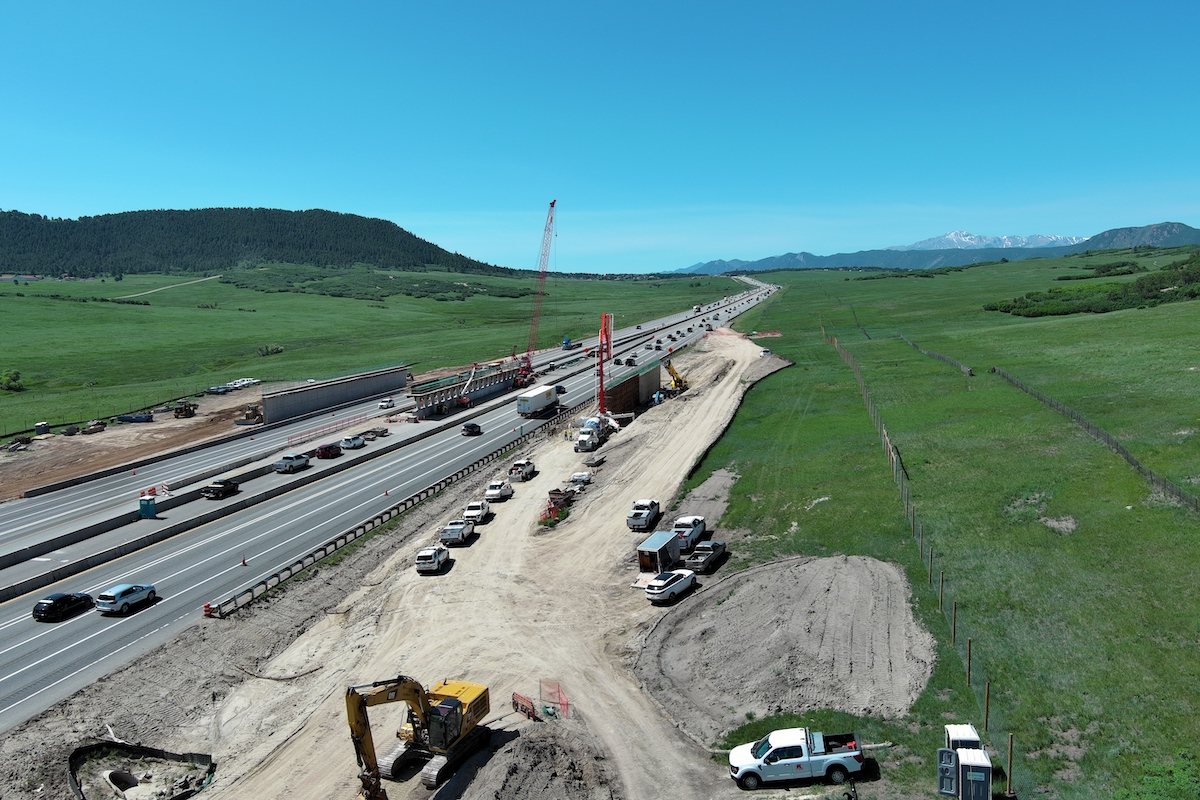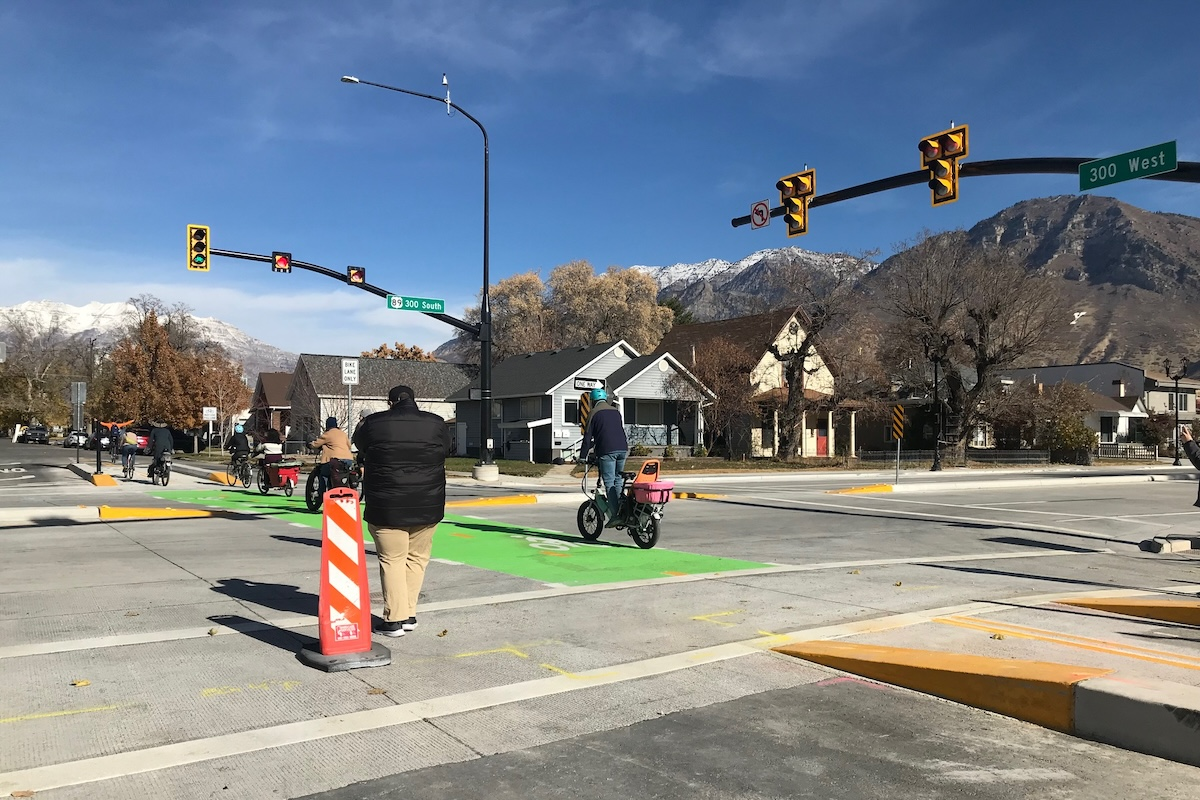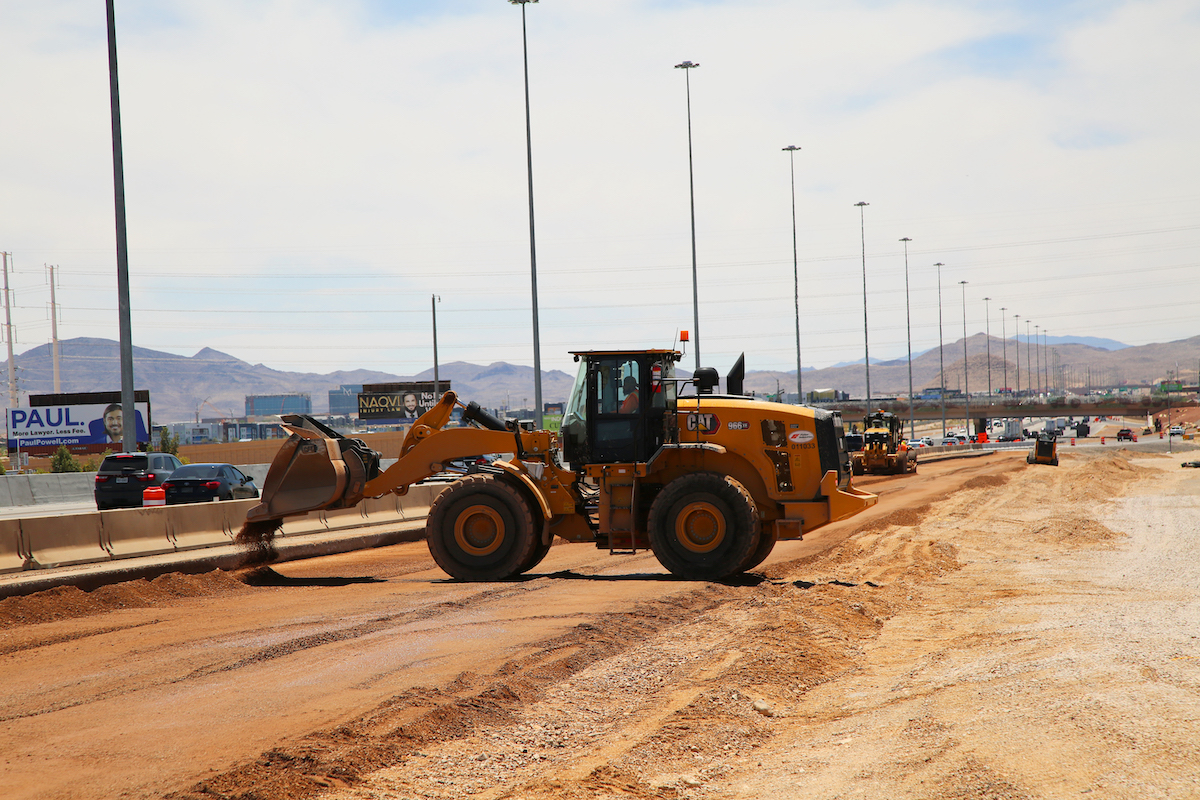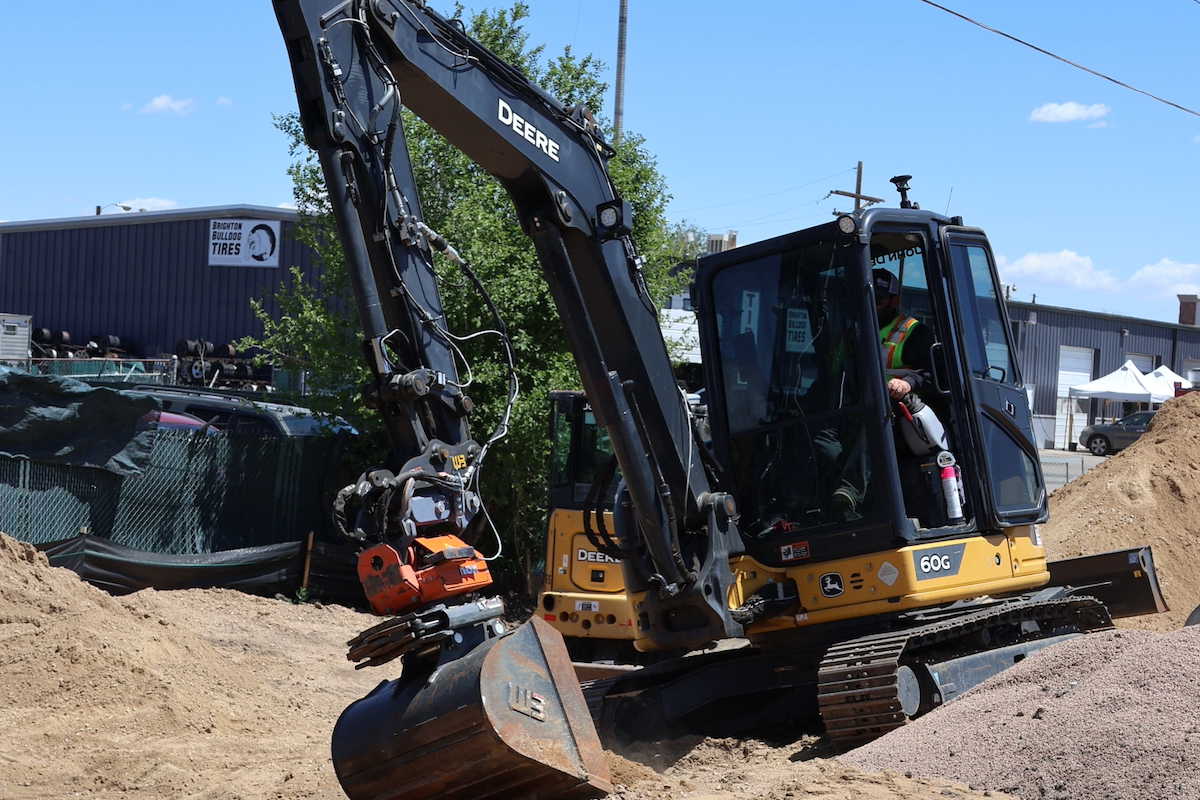“It turned out amazing,” said Jeff Johnson, Resident Engineer at Caltrans. “We will have a safer road, which is a huge improvement for the traveling public.”
A three-year study found that 39 collisions occurred in two curving sections of S.R. 20 in Nevada County, a higher rate of accidents than the statewide average for similar roads. That led Caltrans to seek a solution. The agency received approval for this project in 2020.
“It will be safer, because they are not coming over a blind curve,” Johnson said.
Crews also widened the shoulders from 8 feet to 10 feet, added two left-turn lane pockets and three turnouts, and widened an existing turnout. The three turnouts allow slower traffic, such as trucks, to pull off the road and let other vehicles safely pass and provide a space for law enforcement to stop.

| Your local Volvo Construction Equipment dealer |
|---|
| Faris Machinery |
Work took place in five locations across 14 miles. The first involved adding left-turn lanes; the second, a curve realignment at 4,000 feet of elevation; the third, more left-turn lanes; the fourth, building a turnout for parking; and the fifth, a curve realignment at 5,400 feet of elevation. Crews widened the shoulders in all locations in which work took place.
The project also called for installation of 10 miles of fencing and installation of two 12-foot by 12-foot reinforced concrete boxes — one at White Cloud and one at Lowell Hill — to serve as animal crossings.
“By doing an animal crossing, we reduced the potential for collision with a deer or other animal,” said Jeremy Linder, Public Information Officer for Caltrans District 3.
Caltrans completed design in April 2021.
The Operational Improvement program of the 2020 State Highway Operation and Protection Program (SHOPP) funded the project. SHOPP receives money from the federal and state governments and funds capital improvements that do not add capacity to the system.
In the two sections reducing the curves, Granite cut through a mountain and forest to build a safer road.
According to Johnson, the rural job site location presented some challenges. “We do not have many new alignments,” he said. “Access is tough, and you have trouble getting employees on a remote job.” Along the 14-mile section, cellphone service was either nonexistent or spotty.
Work could take place only between May and November due to the weather and melting snow, and the weather could vary from one location to the next. Granite had only two summer seasons to complete the work and get the new alignment open.
“The effort to get this project done in two seasons was a huge accomplishment,” Johnson said.
In spring 2022, Granite began the work to log, clear, and prepare the site. Sixty-five acres required clearing, and logs were sent to a mill to turn them into lumber. During the extensive earthwork portion of the job, Granite worked double shifts for five weeks to speed up completion.
While the project was designed in a 3D model, crews could not use GPS due to the remote location. However, the team used total stations to complete the machine-guided work for most of the project.
“We had to set each total station as we went,” said Bill Lauesen, Project Manager with Granite. “And we had to keep moving them because they have a limited line of sight. It was not as fast as GPS would have been.”
Granite also used drones to fly the project and quantify the amount of excavation that had taken place. Comparing the drone footage with the design allowed crews to know how much more excavation or fill was needed.
“That helped us identify a short coming in the excavation early on,” Lauesen said. “It allowed Caltrans to redesign some of the roadway.”
The team used Autodesk Build management software to communicate. They kept submittals, change orders, and requests for information in Autodesk Build.
“That was a huge benefit on the project, because it kept everybody on the same page,” Johnson said. “Everybody in the field had a tablet. The contractor provided the state with four tablets, so we had all the information needed in the field.”
Crews moved about 845,000 cubic yards of dirt, which equates to 40,000 loads of material. Some of the excavations were 100 feet deep, and the fill was placed 120 feet into the valley. In addition, the project included 120 feet of one-to-one cut slopes and 140 feet of 1.5-to-one cut slopes.
“The sheer amount of dirt was amazing to watch, week in and week out,” Linder said. “And the progress they were making — it was quick and went smoothly. I enjoyed watching the progress.”
Crews also installed a 5-foot by 5-foot, 300-foot-long drainage structure, as well as 2,600 linear feet of drainage pipe. The water flows to creeks in the lower-lying areas.
Granite paved with hot-mix asphalt, which was brought from Sacramento, about 2.5 hours away. About 46,000 tons of asphalt were transported to the project.
Throughout the project, complete closures of the road rarely occurred, but they were necessary when converting traffic from the old alignment onto the new roadway, which had an elevation difference of 20 feet. During the closures, Caltrans directed traffic to other roads. California Highway Patrol officers remained on site to escort any emergency vehicles needing to travel through the construction zone.
“One of the biggest surprises to us, as the contractor, was the amount of traffic on that route,” Lauesen said. Most of the traffic occurred during the summers when the work was taking place.
At other times, one lane of traffic was closed, and a flagman and pilot car escorted traffic through one direction at a time. In addition, periodic traffic holds — with delays lasting up to 45 minutes — were necessary during the blasting.
People living in the area continued to use the road, but through traffic — such as vehicles heading to Lake Tahoe — started using alternative routes.
“Every day, that project threw something new at the team, and we had to be resilient,” Lauesen said. “It was a cool project to build.”
Lauesen praised the teamwork, which enabled resolving issues collaboratively. There were no claims on this project. “The dedication between Granite and Caltrans was great,” he said.
Granite substantially completed the project at the end of 2023, and the road is now open to traffic. Some landscaping and erosion control will wait until 2024.
“Having it done before the snow flies is good,” Johnson said. “This was a once-in-a-career project. It was amazing. We had a great team to work with.”





















